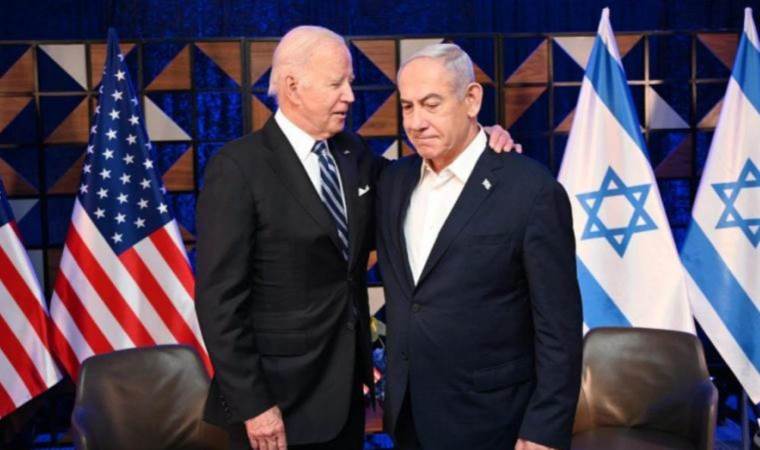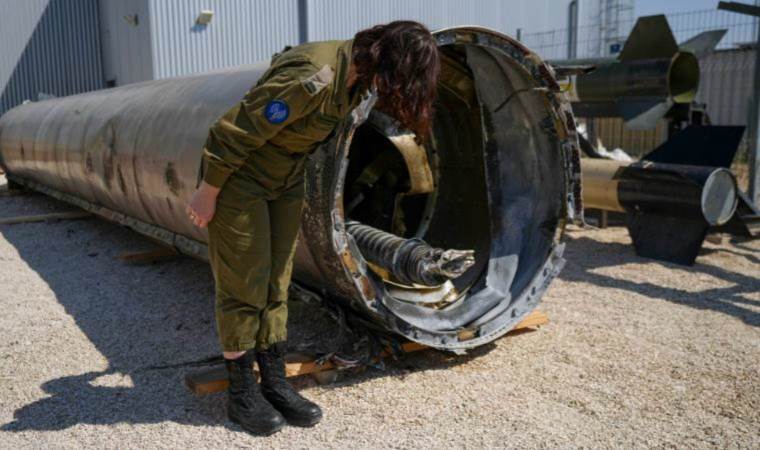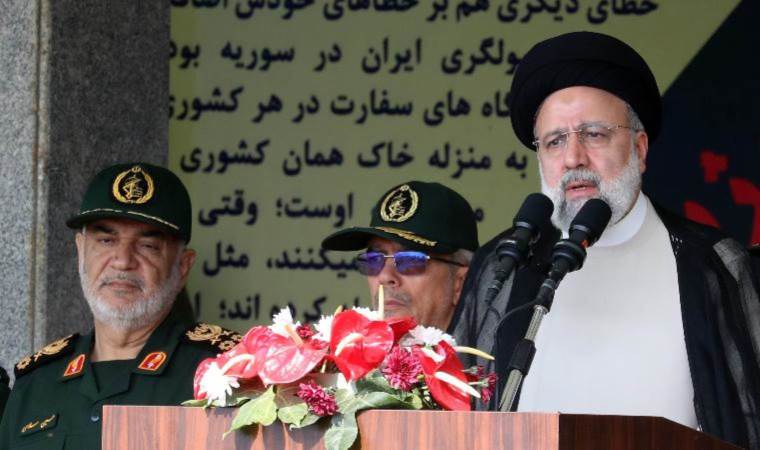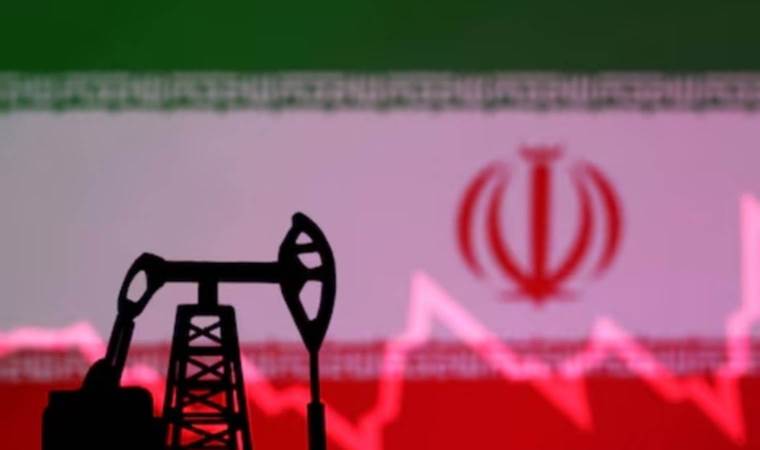Israel and Iran both have muted response to Isfahan attack
Israeli media cited foreign reports of an Israeli strike on Iran on Friday in the absence of official public comment, while Iranian television reports played down the attack - many not even mentioning the "Zionist entity", Iran's term for Israel.
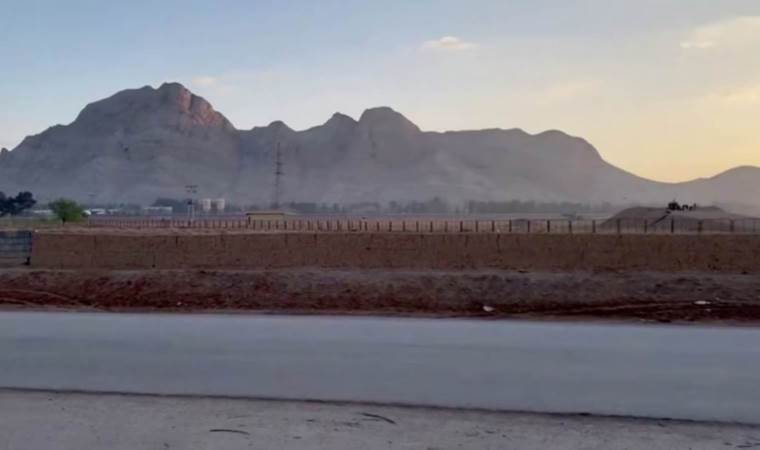
The strike in the central city of Isfahan appears to have caused no significant damage and the muted way the story was told in both nations pointed to a determination, at least for now, not to further escalate their conflict.
In an interview with state TV, a resident of Isfahan described the explosions in the early hours of the morning as "nothing more than fire crackers".
The Israeli military and foreign ministries declined comment and there were no immediate public statements from senior politicians apart from hardline security minister, Itamar Ben Gvir, who sent out the one word message "Feeble!" on social media platform X.
Israeli media cited reports from the New York Times and the Washington Post, which quoted unnamed Israeli officials as confirming Israel was behind the attack, but did not report official confirmation of their own.
Israel has a long tradition of maintaining ambiguity over issues like nuclear weapons and intelligence operations and the silence appeared to be part of its messaging.
Writing for Israel's biggest newspaper Yedioth Ahronoth, before the attack took place, a columnist said an official had said Israel planned a "pinpoint operation".
He quoted a Bible story in which the future King David crept up on a sleeping enemy and cut a piece of cloth from his clothing as proof that he could have struck a deadly blow but chose not to.
"I think it is ultimately a cautionary message that Israel can respond and can get through to Iran if it wants, but it does not want to widen the scope of this conflict right now," said Hasan Alhasan, a senior Fellow for Middle East Policy at the International Institute for Strategic Studies.
Iran's thoughts were spelt out most clearly by a senior Iranian official who told Reuters that Tehran did not plan a response now.
Iranian media appeared to play down the significance of the strike. In official statements, there was almost no mention that Israel - or as it usually says the "Zionist entity" - was behind it. State television carried analysts and other pundits who all appeared be dismissive about the scale.
"There has been a remarkable fabrication to exaggerate the extent of the incident" the semi-official ISNA news agency said.
The apparent attack was the latest in a round of actions set off by the killing of seven Iranian officers in a strike on an embassy compound in Damascus that has drawn fears of a wider regional conflict spilling over from the war in Gaza.
Although Israel has never acknowledged that it was behind the strike on April 1, Iran launched a wave of hundreds of drones and missiles in response that was successfully warded off by the air defences of Israel and its allies.
Iran's reaction also appeared to signal that it did not want the exchange to go further.
"That seems to indicate that Iran is seeking to step down off the ledge, minimise the impact of the attack, and perhaps walk back down the escalation ladder from here," said Jonathan Lord, head of the Middle East security program at the Center for a New American Security, a U.S. think tank.
Iranian President Ebrahim Raisi chose not to cut short his trip to the central province of Semnan, indicating that the country was not on high alert. In Israel, the Homefront Command issued no new instructions to the population.
Opinion polls in Israel have appeared to show no overwhelming desire for retaliation, with one poll on Thursday showing 48% in favour of responding even if it meant expanding the conflict with 52% preferring not responding.
"We're good, you can look around, we're happy here, not from the attack but I think the situation in the Middle East is complicated but Israel will always win and everybody has to know that," said Pavlo Tzuk, a resident of central Israel.
"So, enjoy your day and hope people in Iran will understand we are not seeking for war but we are seeking for peace and we want to be here safe, so, understand that," he said.
